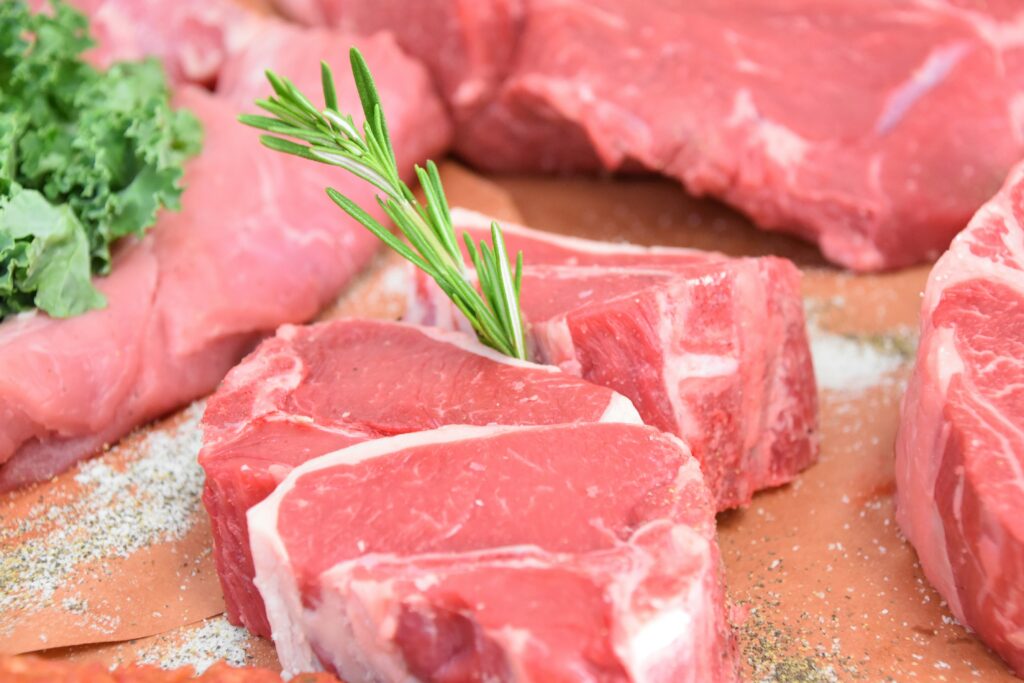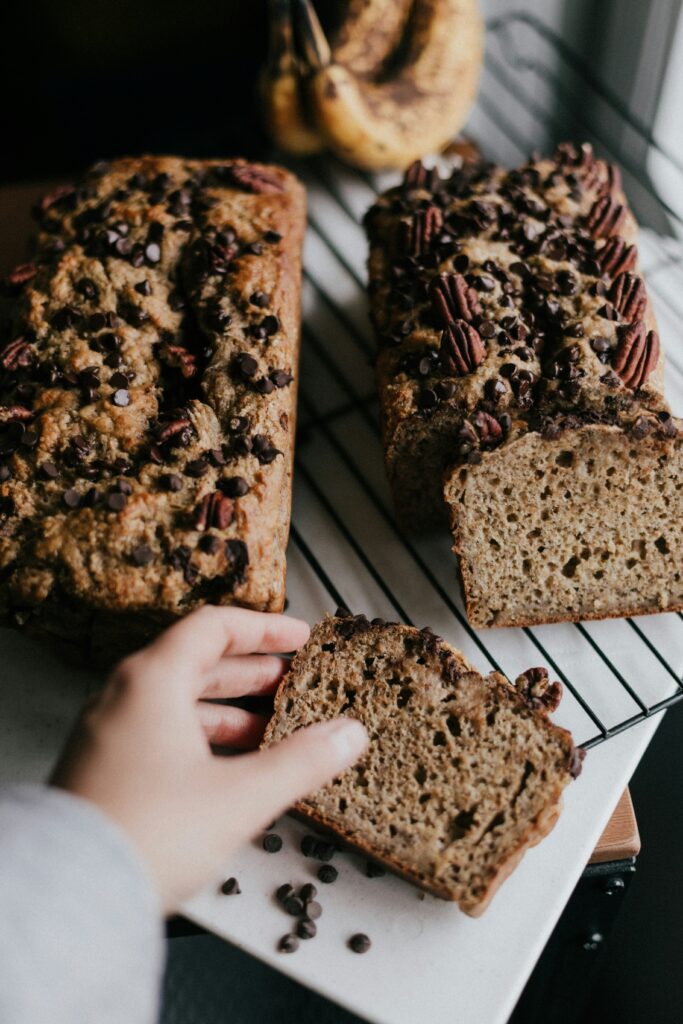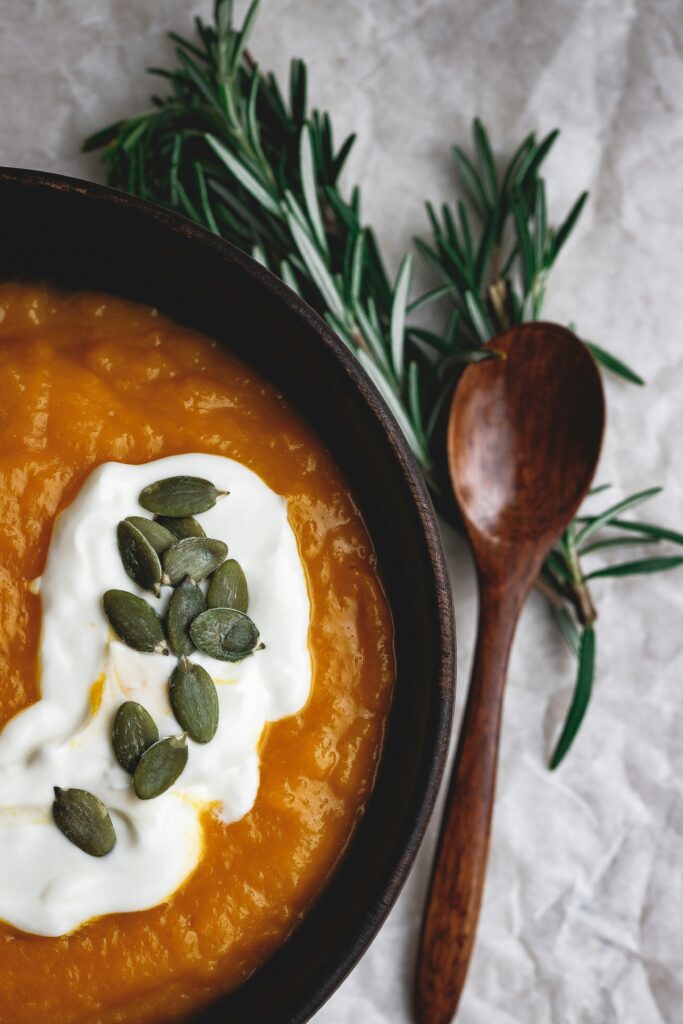The Powerhouse Vitamin B1: A Dietitian’s Guide to Boosting Your Energy and Brain Power
Ever feel like you need a boost to kickstart your day or get through that afternoon slump? The secret might just lie in a tiny, yet mighty nutrient known as Vitamin B1 or Thiamine. As dietitians, we’re excited to unwrap the magic of this energy-boosting vitamin and share some simple, tasty ways to make sure you’re getting enough of it.

Why Vitamin B1 is Your Body’s Best Friend
Think of Vitamin B1 as your body’s personal energy manager. It helps transform the food you eat into energy, keeping your engine running smoothly. But its talents don’t stop there; it’s also a brain booster, playing a crucial role in nerve function and mental clarity. So, if you want to stay sharp and energized, Vitamin B1 should be on your radar.
The Incredible Benefits of Vitamin B1
- Enhances Digestion: Thiamine aids in the breakdown of food molecules, supporting a healthy digestive system. This ensures your body can effectively absorb nutrients, promoting overall health.
- Boosts Energy Transformation: Essential for converting carbohydrates into usable energy, Thiamine provides you with increased vitality and stamina. This energy boost is crucial for tackling your daily activities with enthusiasm.
- Supports the Nervous System: Thiamine strengthens the nervous system by aiding the efficient transmission of signals between your body and brain. This support is vital for maintaining cognitive functions and overall neurological health.
- Improves Heart Health: Playing a crucial role in cardiovascular wellness, Vitamin B1 supports heart function and promotes healthy circulation. This contributes to a robust and resilient heart.
- Regulates Mood: Emerging research highlights Thiamine’s potential to positively influence mood, suggesting it may help reduce symptoms of depression and anxiety. By regulating mood, Thiamine contributes to better mental health and well-being.

Sources of Vitamin B1
Vitamin B1 is found in a variety of foods, meaning you can easily incorporate it into your meals. Here’s where you can find your B1 boost.
Ingredients High in Vitamin B1 (per 100g)
- Pork Meat: 0.7-2.0 mg Particularly, lean cuts contain higher Vitamin B1 levels, whereas fatty parts have less.
- Eel: 0.4-0.7 mg
- Brown Rice: 0.16 mg
- Whole Wheat Bread: 0.17 mg
- Wheat Germ: 1.82 mg
An excellent source of Vitamin B1, ideal for adding to yogurts and smoothies. - Beans: 0.42 mg
Includes a variety of beans such as black beans, kidney beans, and others. - Sunflower Seeds: 1.72 mg
- Flaxseeds: 1.64 mg


Daily Requirements and Recommendations
The ideal intake of Vitamin B1 varies by age, gender, and lifestyle, but as a general guideline, most adult men require about 1.1 to 1.2 mg daily, while women need approximately 0.9 to 1.1 mg of Vitamin B1. The key to meeting these requirements is to include a variety of Thiamine-rich foods in your diet throughout the day.
Thiamine Deficiency: A Sneaky Energy Thief
Not getting enough Vitamin B1 can lead to low energy, weakness, and even nerve damage. It’s sneaky because you might not notice the signs until they start affecting your daily life. This is where eating a balanced diet comes into play, ensuring you’re getting all the nutrients your body needs to stay healthy and vibrant.
Incorporating Vitamin B1 into Your Diet
Start your day with a whole-grain breakfast, such as brown rice or rye bread, and add a side of fruit for an extra health boost. You’ll likely enjoy the natural texture more than refined ingredients. Discover bean-based recipes with pork, like hearty chili or refreshing salads, for lunch or dinner.
Keep a stash of nuts and seeds at your desk for easy, energy-boosting snacks. This is another tip to help protect against consuming too many desserts or sweet things during your breaks.


Conclusion
From a dietetic perspective, Vitamin B1 is not just a nutrient but a cornerstone of health, integral to metabolic pathways and nervous system function. By ensuring adequate Thiamine intake through a well balanced diet, we can support the body’s energy production, cognitive health, and overall well-being. As dietitians, our role in translating the science of nutrition into practical eating habits is vital, enabling you to lead healthier, more vibrant lives through informed dietary choices.